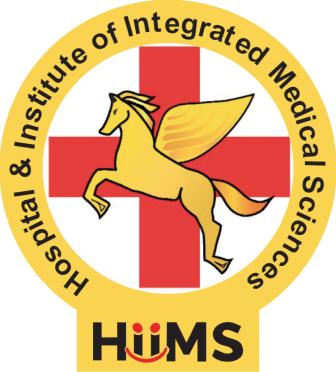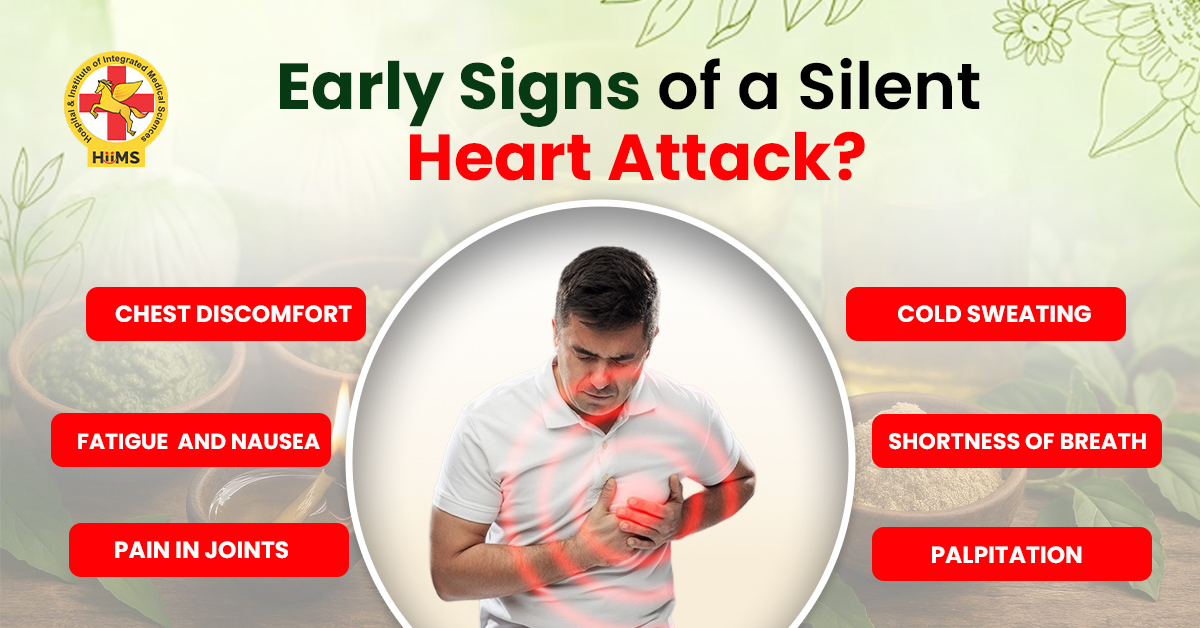A heart attack can be frightening, and sometimes it happens quietly without the usual dramatic symptoms. This is called a silent heart attack. Unlike typical heart attacks, which show obvious signs like severe chest pain or sweating, a heart attack can sneak in without much warning. People may feel tired, uneasy, or have minor discomfort that they often ignore. Understanding these symptoms is important because early recognition can save lives. Many times, people don’t realise they had one until they undergo a routine test or visit a doctor for another reason. While anyone can experience a heart attack, certain lifestyle habits and health conditions increase the risk. Knowing the causes and recognising the early silent heart attack symptoms helps in seeking timely medical help and managing heart health effectively.
What Is a Silent Heart Attack?
It is a type of heart attack that happens without the usual intense chest pain or obvious symptoms. People don’t realise it is happening because the discomfort may be mild or unusual. Sometimes, it feels like tiredness, slight pressure in the chest, or brief shortness of breath. Doctors often discover it later during routine tests or check-ups. Recognizing this early is important because even without dramatic pain, it can still damage the heart.
Common Causes of Heart Attack
A heart attack usually happens when blood flow to the heart is partially or completely blocked. The most frequent causes of heart attack include:
- Blocked arteries: Cholesterol and plaque build-up can narrow arteries, limiting blood supply.
- High blood pressure: When blood pushes too hard, arteries grow weak, and the heart works extra hard to keep up.
- Diabetes: Too much sugar in the blood slowly hurts the small vessels that support the heart.
- Smoking and alcohol: These habits tire the heart and disturb its steady rhythm.
- Stress and obesity: Chronic stress or excess weight may, over time, put the heart to work.
These factors may cause slight discomfort instead of severe pain, unlike a normal heart attack.
Early Silent Heart Attack Symptoms to Watch For
A heart attack often goes unnoticed because the symptoms are mild or unusual. Here are some early signs of heart attack to watch for:
- Mild chest discomfort: Instead of severe pain, there may be a dull pressure, tightness, or heaviness in the chest.
- Shortness of breath: Feeling winded while doing light activities can be a warning sign.
- Fatigue: Unexplained tiredness or sudden lack of energy may appear days or weeks before a heart attack.
- Indigestion or nausea: Some people mistake heart discomfort for stomach problems or acid reflux.
- Pain in the upper body: This can be experienced in the neck, jaw, shoulder, or arm as opposed to the chest.
- Sweating: Light or unexplained sweating, especially at night, can occur.
- Heart rhythm changes: A racing, irregular, or skipping heartbeat may happen even without exertion.
Even without loud warning signs, these factors may quietly harm the heart. Staying aware and taking preventive steps can help identify the early signs of heart attack before they turn serious.
Risk Factors You Should Know
Some habits and health conditions slowly set the stage for trouble in the heart.
- Age: As years pass, especially after 50, the heart needs a little more attention.
- Family history: When heart problems run in the family, the risk quietly follows too.
- Diabetes and high cholesterol: These can quietly strain the heart for a long time.
- Sedentary lifestyle: As the movement decreases, the heart does not remain as strong.
- Eating unhealthy food: Food that is heavy, oily, or salty can gradually influence the blood vessels.
Altogether, even without the acute pain or warning, these little things accumulate. Understanding them early and making gentle changes helps notice the early signs of heart attack before they turn serious.
When to See a Doctor
Sometimes the body speaks softly. It may come as light tiredness, a bit of chest pressure, or a breath that feels shorter than usual. These moments often pass, but they mean something. It’s better to get checked instead of waiting. A doctor can listen, ask a few questions, and see how the heart is doing. Even a small test can show what’s happening inside. Understanding silent heart attack symptoms early gives time to act before things get serious. Choosing a trusted hospital like Jeena Sikho HiiMS for simple check-ups and being open about how you feel keeps the heart a little safer every day.
Conclusion
Knowing about silent heart attack symptoms helps you stay one step ahead of hidden heart problems. The body often gives quiet hints like slight chest pressure, tiredness, or breathlessness. Acting early can make a big difference. Staying gentle with yourself, eating on time, resting well, and noticing small changes in your body can keep the heart calm and steady for years to come.
FAQs
1. What makes a silent heart attack different?
It often has mild or no clear symptoms, unlike regular heart attacks with intense chest pain and nausea.
2. Can it cause permanent damage?
Heart attacks can still harm the heart muscle if not detected.
3. When do symptoms appear?
Mild fatigue, discomfort, or shortness of breath may appear days or weeks before.
4. Who is at higher risk?
Diabetes, high blood pressure, high cholesterol, family history, or unhealthy habits increase risk.
5. Can lifestyle changes help?
Exercise, a healthy diet, stress management, and monitoring health can lower the risk.

